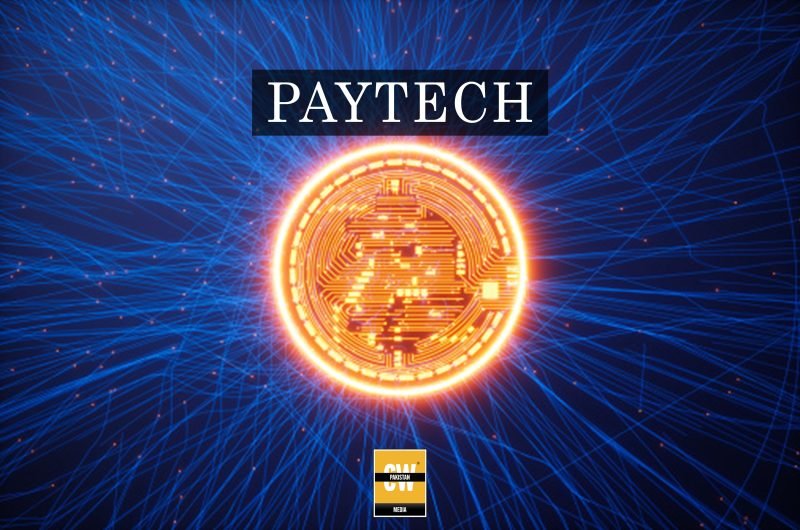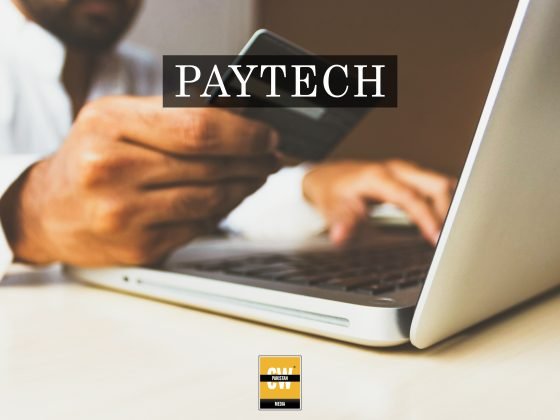In Pakistan’s heavily paper-based business landscape, where trust is often handwritten and payment cycles can stretch endlessly, a silent yet powerful transformation is taking root. Amid a sea of ledgers, cash envelopes, and manual bookkeeping, one fintech startup has emerged with the ambition to rewrite the rules of how businesses move money. That startup is Haball, and the man behind it, Omar bin Ahsan, is leading what could well be described as a rebellion against analog inefficiency.
Founded in 2017, Haball has steadily and quietly grown into a force that’s now drawing serious attention. The company recently announced a $52 million pre-Series A raise — a substantial sum by any measure, but especially in Pakistan’s current startup climate. What makes this figure even more striking is the way it was raised: over years, in strategic tranches, combining $5 million in equity with $47 million in debt financing. It is a reflection of Haball’s philosophy — deliberate, cautious, and built for endurance.
At a time when aggressive fundraising often takes center stage, Haball’s approach was understated and meticulous. The equity round was led by Zayn VC, a familiar name in Pakistan’s venture capital landscape and an early believer in Haball. It was joined by Majlis Advisory SPV, Saudi private investors, angel investors, and even a major Pakistani business conglomerate. But the real game changer came in the form of debt financing, particularly the backing of Meezan Bank — the country’s largest Islamic bank. Not only did Meezan provide capital, it endorsed Haball’s shariah-compliant model, a critical vote of confidence as the startup eyes expansion into the Gulf Cooperation Council (GCC) region.
This backing is also emblematic of a broader shift. Following recent State Bank directives urging commercial banks to either develop their own digital supply chain financing arms or partner with fintechs, Meezan’s investment signals a strategic pivot toward embracing technology-led financing solutions. The funding has come incrementally, with each round closely tied to concrete milestones in Haball’s growth: product development, onboarding of clients, revenue traction, and regulatory approvals.
Haball’s rise isn’t just about money; it’s about timing and understanding the fundamental gaps in Pakistan’s B2B infrastructure. The country’s supply chain systems are outdated, fragmented, and largely informal. Payments take days to clear. Inventory is tracked manually. Invoices are paper-based. The ripple effect of these inefficiencies is massive — lost business, restricted cash flows, and missed opportunities.
Omar bin Ahsan saw this firsthand during his stint designing digital tax collection systems for Pakistan’s Federal Board of Revenue. What he realized was that the country didn’t just need digital payment platforms — it needed a unified layer that could integrate seamlessly with banks, ERP systems, and distributors to support real-time B2B transactions. From that insight, Haball was born.
Today, Haball isn’t just a payment platform. It’s a comprehensive solution with three key revenue streams: payments aggregation, digital invoicing, and supply chain financing. Through its payments engine, Haball enables manufacturers and SMEs to transact digitally, reducing reconciliation headaches and promoting transparency. Its digital invoicing solution — licensed by the FBR — automates invoice generation, giving businesses real-time visibility into their sales and procurement pipelines.
Most critically, these two services feed into its third pillar: financing. With rich transaction data from payments and invoicing, Haball can offer Islamic working capital solutions to SMEs, addressing one of the biggest challenges for small businesses in Pakistan — access to credit. And rather than taking credit risk onto its own books, Haball collaborates with banks like Meezan, giving it access to institutional liquidity without compromising financial prudence.
The strategy appears to be working. Haball now boasts over 8,000 SMEs on its platform and supports key supply chains in sectors like FMCG, energy, construction, and pharmaceuticals. It counts Coca Cola among its clients, a notable vote of confidence in a market where trust is hard-won.
But Haball’s ambitions don’t stop at home. With the GCC’s growing focus on SME support and Islamic finance, the startup sees significant opportunity for expansion. Haball’s technology — homegrown, tested at scale, and shariah-compliant — is well-positioned to cater to Gulf economies looking for ethical, efficient, and digitized financial infrastructure.
The company is also pursuing a license to become a Payment Initiation Service Provider (PISP) under the Raast framework. If approved, this would enable Haball to initiate payments directly from bank accounts, enhancing its independence and ability to innovate on user experience.
In a market where fintech casualties are common and hype often outpaces results, Haball’s story is one of staying power. It didn’t chase flashy valuations or unsustainable growth. It didn’t burn through cash or overextend its reach. Instead, it built slowly, respected the macroeconomic climate, and stayed aligned with regulatory frameworks. It partnered with banks instead of trying to replace them. It made sure the pipes were laid before turning on the taps.
For all its deliberate strategy, Haball’s success ultimately comes down to solving a real problem — the inefficiencies that strangle Pakistan’s supply chains. And by tackling the problem at its root, Haball is doing more than just moving money. It’s rewiring the country’s business infrastructure, one invoice, one payment, and one financing deal at a time.









